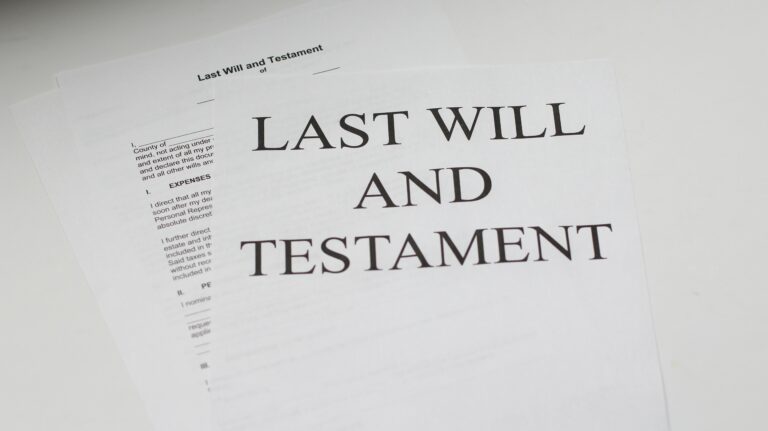
Should Each Child Get Equal Inheritance?
Equally sharing the wealth among the children isn’t always fair, such as when one sibling is the primary caretaker, or another is already wealthy.

Equally sharing the wealth among the children isn’t always fair, such as when one sibling is the primary caretaker, or another is already wealthy.

A last will and testament is essential for every adult. It establishes one’s wishes for distributing their property, whether real or personal, after death.

One of the essential steps in the probate process is filing an inventory of all the assets that are part of the estate.

The contents of a person’s will and related revocable trust cannot be challenged in court until he or she has died, Maryland’s second highest court ruled last week in rejecting a daughter’s bid to revive an undue-influence challenge to her estranged and ailing mother’s decision to write her out of her will.

At any given time, the average American maintains between 30 and 50 online accounts. These may be with banks, financial institutions, utility companies, email providers, social media outlets, commercial shopping or travel sites and accounts unique to technology, such as an account to purchase apps for a smartphone.

With nearly 90% of caregivers providing care to a family member, and the holidays rapidly approaching, it is an opportune time to check in with both aging family members, as well as those performing caregiving duties.

Adult children may anticipate, but are not legally entitled, to an inheritance.

Will there be changes in your circumstances or your family that should lead to a review of your plan? Could some events cause you to need to revise or update the plan?

If you own any property at all, you probably know about estate planning. You can decide what happens to your assets after you die, of course.

Estate planning might sound like something that’s just for wealthy people with huge beach houses and billions in the bank. However, the truth is that estate planning is something we all need to think about.